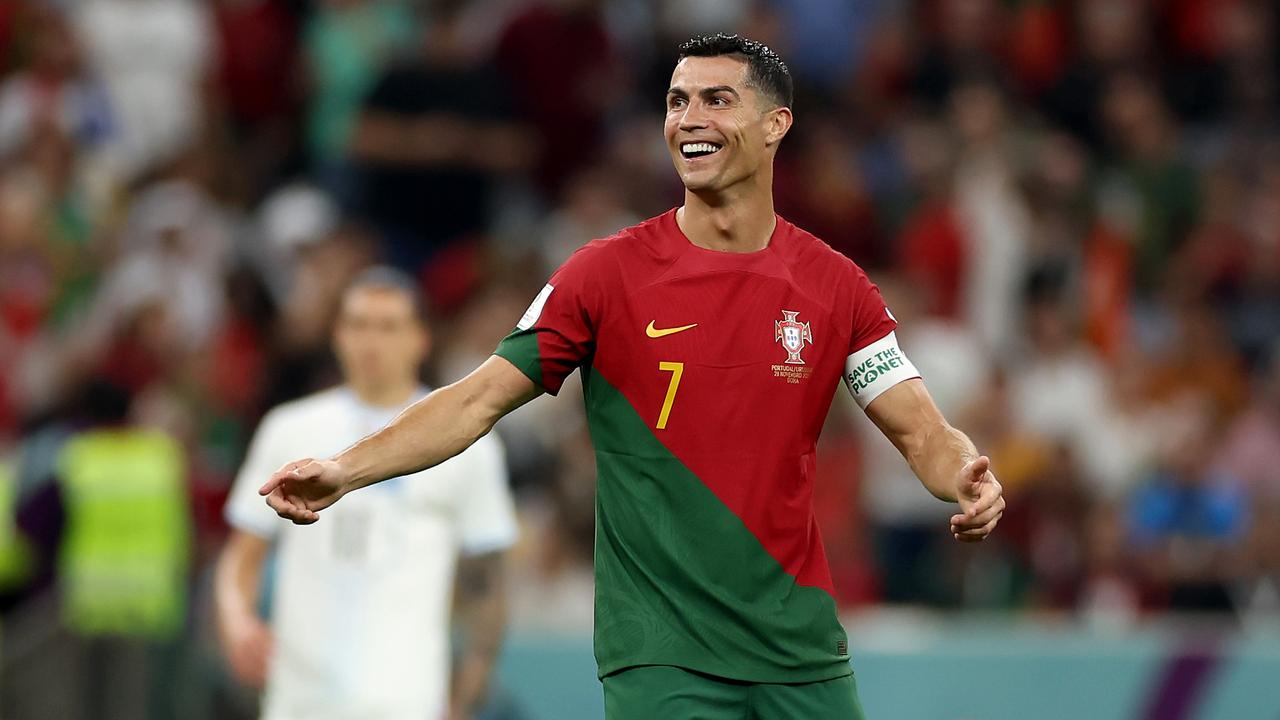Lionel Messi: A Football Legend
Lionel Messi, often considered one of the greatest footballers of all time, was born on June 24, 1987, in Rosario, Argentina. From a young age, Messi showed immense talent and passion for football. His early years were marked by challenges, including a growth hormone deficiency that required expensive medical treatment. Despite this, Messi’s determination and talent were evident from the start, capturing the attention of football scouts and coaches.
Messi’s career took a significant turn when he joined FC Barcelona’s youth academy, La Masia, at the age of 13. Under the guidance of the club’s renowned youth development system, Messi honed his skills and quickly rose through the ranks, making his first-team debut at the age of 17. His extraordinary dribbling ability, vision, and goal-scoring prowess set him apart as a rare talent, leading to his rapid ascension as one of the most promising young footballers in the world.
By the age of 20, Messi had firmly established himself as a key player for FC Barcelona, forming a formidable attacking trio alongside Ronaldinho and Samuel Eto’o. His electrifying performances on the pitch, characterized by his low center of gravity, quick acceleration, and exceptional ball control, earned him widespread acclaim and comparisons to football legends such as Diego Maradona and Pelé.
Messi’s career reached new heights as he became the linchpin of Barcelona’s golden era under the guidance of coach Pep Guardiola. His remarkable goal-scoring record, creative playmaking, and precise passing contributed to Barcelona’s dominance in both domestic and international competitions. Notably, Messi played a pivotal role in Barcelona’s historic achievement of winning six La Liga titles, four UEFA Champions League titles, and numerous other trophies during this period.
In addition to his club success, Messi’s impact on the international stage cannot be understated. Representing Argentina, Messi has showcased his exceptional talent in major tournaments, including the FIFA World Cup and Copa America. While he has faced criticism for not winning a major international trophy with Argentina, his commitment and leadership for his national team have been unwavering, earning him respect and admiration from football fans worldwide.
Beyond his on-field exploits, Messi’s influence extends to his philanthropic efforts and charitable work. Through the Leo Messi Foundation, he has been dedicated to supporting children in need, promoting access to education and healthcare, and contributing to various social causes. His commitment to giving back to society reflects his humility and empathy, earning him respect not only as a football icon but also as a compassionate humanitarian.
As Messi’s career continued to unfold, a significant milestone came in 2021 when he made a highly publicized move to Paris Saint-Germain (PSG) after spending over two decades with FC Barcelona. The transfer marked a new chapter in his illustrious career, igniting fresh excitement and anticipation for his performances in the French Ligue 1 and beyond.
Messi’s impact on the football landscape transcends statistics and accolades. His style of play, characterized by grace, precision, and an unparalleled footballing intelligence, has redefined the modern game. His ability to dribble past defenders with ease, create scoring opportunities, and deliver moments of sheer brilliance has left an indelible mark on the sport, inspiring a generation of aspiring footballers to emulate his artistry and dedication.
In conclusion, Lionel Messi’s journey from a young boy with a dream to a global football icon is a testament to his unwavering commitment, extraordinary talent, and profound impact on the world of football. His legacy as a player, leader, and humanitarian continues to inspire and captivate football enthusiasts around the world, solidifying his status as a true legend of the beautiful game.


